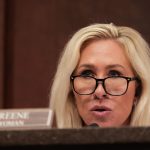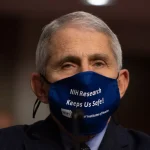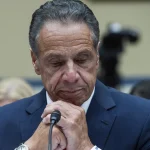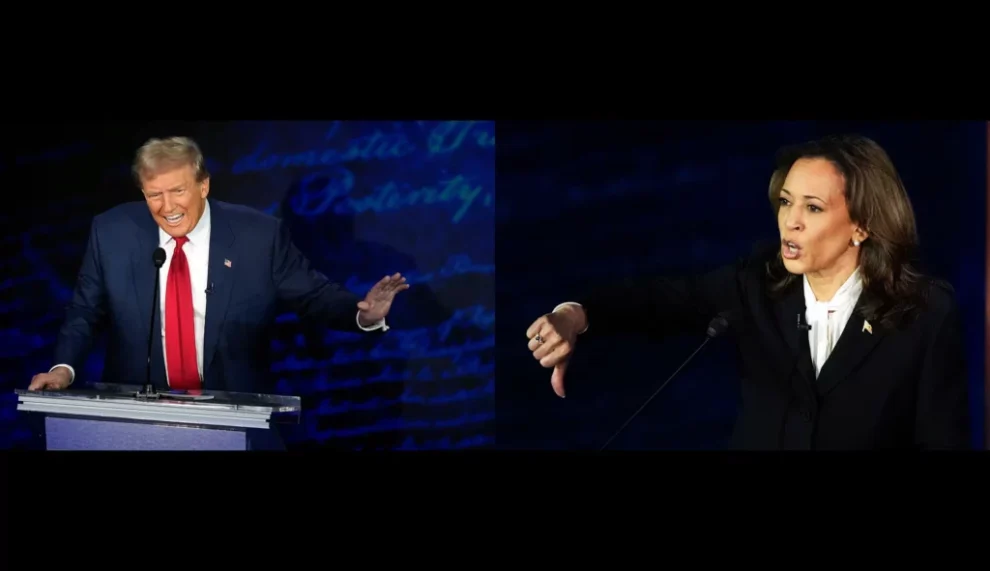Almost immediately after the first debate between former President Donald Trump and Vice President Kamala Harris, a brand-new debate broke out about whether there should be a second one.
Some of the chief points of contention are who would host a second debate and what it would say about who won the first. The Harris camp says its interest in another candidate showdown signals its confidence: Harris won the first round, and now the camp wants more.
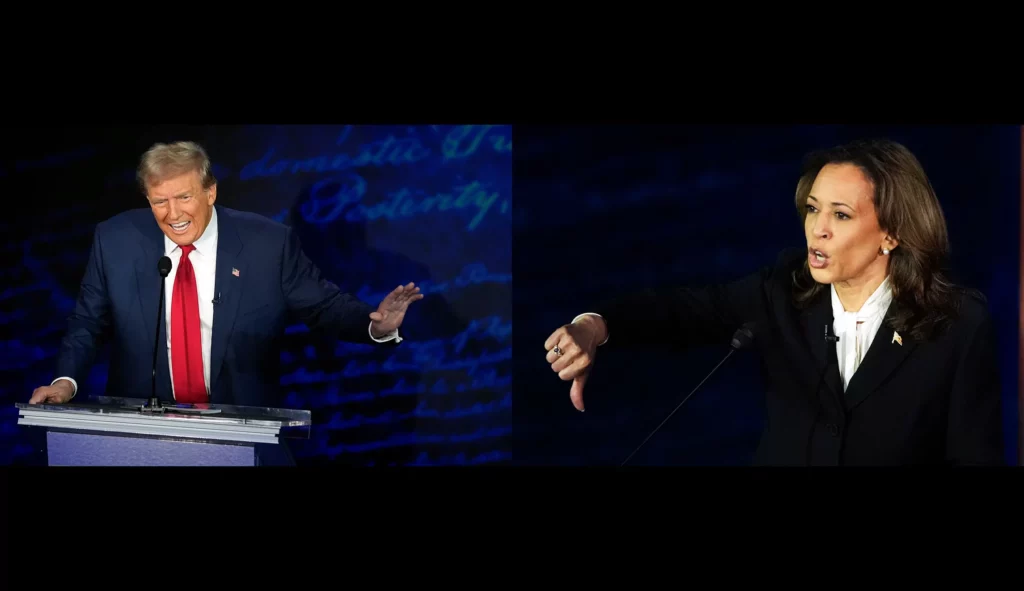
Trump and some Republican operatives see it differently. According to them, only a debate loser would want a do-over. A campaign that believes it is winning would want to freeze the race in place, not risk anything that could shake it up again. President Joe Biden debated his way out of the 2024 presidential race when he challenged Trump to one before the Democratic National Convention.
They are probably both right. Harris’s debate strategy of trolling Trump was clever, keyed to his weaknesses, and well executed. Trump was goaded into being off-message and was clearly annoyed to be facing off against both Harris and the two moderators from ABC News. But Republican handwringing aside, it wasn’t a disaster like June 27 was for Biden. Voters may have been reminded of things they dislike about Trump, but they didn’t learn anything new. Many Democrats were genuinely shocked by Biden’s performance.
Voters didn’t learn much new about Harris either, other than that she can get under Trump’s skin and is capable of operating at a speed between silliness and scolding. But complaints about her lack of substance kept surfacing in focus groups of undecided voters convened by the New York Times and Reuters. A CNN instant poll that crowned Harris the debate winner also showed she didn’t make any headway against Trump in terms of whom respondents trusted on the economy.
Harris still has no clear defense of the record she shares with Biden and no real logic to when she can take credit or avoid blame for the past 3 1/2 years and is terrified of being branded a liberal. She insisted in her sole sitdown media interview, with running mate Gov. Tim Walz (D-MN) in tow, that her values haven’t changed. Yet in the Philadelphia debate, she represented herself as holding the values of George W. Bush, Dick Cheney, John McCain, and Mitt Romney more than her fellow Green New Deal co-sponsors.
The Harris honeymoon was showing signs of cooling before the debate. She is down to a 1.1-point lead in the national RealClearPolitics polling average. Most national and battleground state polls have the race within the margin of error. A polling error similar to and in the same direction as 2016 or 2020 would be a disaster for her campaign.
Perhaps the debate will restore Harris’s momentum, though the boost Romney got from outpointing Barack Obama in their first debate was short-lived. Neither she nor Trump received convention bounces despite both Milwaukee and Chicago being relatively successful each in its own way. The conventions were upstaged by the attempt on Trump’s life and the Democratic candidate switcheroo, respectively.
The race was looking as close before Harris strode across the stage to introduce herself to Trump as it was before Biden debated Trump. The only difference is that then Trump led in the public polls more often than not, even if frequently within the margin of error. Now that is true of Harris.
Harris is on the cusp of re-creating the Biden coalition that was sufficient to win the 2020 election, but she is underperforming the incumbent president among key demographics. Meanwhile, Trump is stronger at this point than he was in either of his previous two presidential campaigns. He has won once and outperformed his poll numbers both times.
Both candidates are within striking distance of the 270 votes required to win in the Electoral College, but neither has put the other away. The vote has seemingly shifted to the right since 2020, now that inflation and immigration have replaced the pandemic as defining issues. Similar conditions only delivered the barest Republican House majority in the midterm elections, and battleground-state GOP Senate candidates are underwhelming again this year, often running behind Trump.
It would be inaccurate to say Democrats have gotten nothing out of swapping out Biden for his vice president, however. Harris is noticeably younger than Trump, and it showed at times on the debate stage. The visual contrast is no longer as favorable for the GOP, and Harris can make the case that she represents a generational change in leadership, even if she owes her nomination to former House Speaker Nancy Pelosi (D-CA), who at 84 is even older than Biden, more than any other single person.
Harris has expanded the electoral map. She is competing in the full slate of battleground states. Biden had fallen out of contention in the Sun Belt and was trying to eke out a majority through Pennsylvania, Michigan, and Wisconsin plus a stray Nebraska electoral vote. That would have gotten him to just barely 270, with no margin for error. He came within less than 44,000 votes in three states of losing under much better circumstances four years ago.
Instead, Harris appears to have taken Trump’s reach states of New Hampshire, Minnesota, and Virginia off the table, though it should be noted her campaign still doesn’t ignore them. She is much better positioned to hold Georgia and Arizona for Democrats than Biden ever was. She is also threatening to flip North Carolina, which hasn’t voted Democratic at the presidential level since 2008.
Spreading Trump thin and forcing him to defend more ground is a boon to Democrats because they have significant financial and staffing advantages over the former president. It remains to be seen whether Harris’s ground game is better than Trump’s. It is certainly fair to say its methods are more proven.
Consequently, Democrats are considerably more enthusiastic about their electoral prospects than they were with Biden at the helm. They had all but despaired of beating Trump, someone a year earlier many Democrats had regarded as a spent political force. While Harris has benefited from a pent-up demand for Democratic hope and a truncated general election campaign that allows her to replace Biden in the basement as well as at the top of the ticket, she has so far held up her end of the bargain in big moments, however scripted. (Even her debate performance, while solid, was clearly reliant on canned lines.)
In that respect, Harris’s debate showing was a microcosm of her whole campaign to date. It was better than anything Biden could have done. But is it enough? She is now constantly graded on a curve, in comparison with a diminished boss Washington elites abandoned and an opponent they despise. Even many of Trump’s supporters in the media, to say nothing of Republicans on Capitol Hill or staffing political campaigns, have never liked his temperament or the way he talks. Yet Trump has beaten tougher intraparty competition than Harris ever has.
If Biden’s only problem was his age, Harris is an obvious solution. She is also a more effective communicator than Biden at this juncture, someone capable of driving a message, and a better fit for pushing her party’s top issue, abortion. There nevertheless remains considerable evidence that age wasn’t Biden’s only problem. His liberalism and the objective conditions of the country were also major liabilities. Everything about the way Harris has conducted her campaign since taking over for him suggests that she sees it this way, too.
Whether Trump is disciplined enough to saddle Harris with Biden’s baggage plus her own without much media help is an open question. As the Republican pollster Patrick Ruffini pointed out, Trump’s branding of opponents tends to work best when he is reinforcing negative perceptions voters already have.
“The negative case against Kamala Harris is there, but has yet to firmly implant itself in the public mind because she hasn’t had to endure a single withering negative news cycle since getting in the race,” Ruffini wrote. “Absent the media doing it, Trump has to do it, but repetition and focus on a few key points are the key.”
Or as the Republican consultant Alex Castellanos put it, “One bad campaign is better than 10 good ones.”
Trump excels at repetition, especially when something seems to be working for him. But focus, not so much. Negative news cycles certainly hurt Harris during her previous presidential campaign, when she didn’t even make it to the first primary, and for most of her vice presidency. The ABC News moderators’ behavior strongly suggests that Trump shouldn’t count on that happening again before Election Day.
The Cheneys backing Harris while Robert F. Kennedy Jr. and Tulsi Gabbard stump for Trump is an interesting dynamic. It represents two competing theories about who the real swing voters are in this race as it heads into the home stretch. Harris is betting on suburbanites and other erstwhile Republicans disillusioned with Trump. Trump is looking to voters who are disenchanted with the political system more broadly and might see Harris as an establishment figure.
CLICK HERE TO READ MORE FROM THE WASHINGTON EXAMINER
There are good reasons for them to feel that way. Harris is looking to the types of voters who elected her and Biden four years ago. Meanwhile, the latest New York Times-Siena College poll had Trump leading by 9 points among respondents who didn’t vote in 2020.
Presidential elections since the 2000 Bush versus Al Gore stalemate have generally been close. Even in the single exception, 2008, Obama won 52.9% of the popular vote. There’s little reason to believe this year will be any different despite assassination attempts, indictments, the replacement of an incumbent president who had already completed the primary process, and whatever other unprecedented events may still lie ahead.
W. James Antle III is executive editor of the Washington Examiner magazine.



